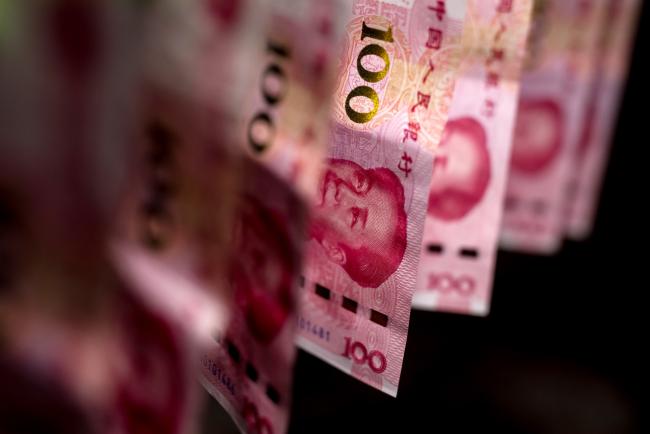(Bloomberg) -- After their worst quarter of the year, emerging-market assets head into the final three months of the year facing a set of issues that are just as likely to be obstacles as triggers to a recovery.
The following are responses from 54 investors, strategists and traders across the globe to five questions with potential bearing on developing-nation assets. The survey was conducted Sept. 19-30.
Read more: Emerging-Market Yield Hunt Will Trump Trade Wars for Now: Survey
1. Yuan and trade war
With lingering U.S.-China trade tensions, is it more likely for the yuan to strengthen beyond 6.95 per dollar offshore or fall past 7.25 by the end of 2019?
Almost two-thirds of the survey respondents expect a further escalation in trade tensions, and a corresponding weakening in the yuan.
Read here about potential emerging-currency reactions to any trade deal.
2. China monetary easing
With increasing concerns about China’s economic slowdown, do you expect concerted monetary policy easing from China by the end of 2019?
Over three-quarters of survey participants expect concerted easing from the People’s Bank of China. Authorities have so far refrained from large-scale stimulus, which could hinder their efforts to reduce financial leverage.
Investors see the PBOC’s one-year medium lending facility rate, paid by commercial banks borrowing medium-term facilities from the central bank, to be trimmed to 3.1% by year-end from 3.3% currently, based on an average of 19 respondents. And the required reserve ratio for major banks, or the share of funds lenders must hold in reserve, will be reduced to 12% from 13%, according to the average of 25 respondents.
3. Key Brazil reform
Will Brazil pass the final vote on the pension bill before the year-end?
Three-quarters of the survey participants expect Brazil’s pension-reform bill to be approved this year, seen as a key move toward fiscal discipline in Latin America’s largest economy. Upside to Brazilian bonds may be limited given the powerful rally they have seen in recent quarters, however, analysts say. Central bank rate cuts have also already boosted Brazilian debt.
Read more here about the pension bill.
4. Rating South Africa
Will South Africa hold on to its sole investment-grade rating from Moody’s in 2019?
A majority of those surveyed expect the country to stay out of junk territory in the assessment of Moody’s Investor Service. That’s despite financial markets pricing in a downgrade for months. Both the S&P Global Ratings and Fitch Ratings cut their assessments to junk in 2017.
Seen as crucial to the judgment: South Africa’s plan for troubled state-owned utility Eskom Holdings SOC Ltd., which saw its stand-alone rating lowered deeper into junk by Fitch on Oct. 1. Underlying these fiscal issues are South Africa’s growth concerns, with the economy having entered its 70th month of a weakening cycle in September.
5. U.S. rate assumption
With U.S. rates having a strong bearing on emerging-market assets, is the 10-year Treasury yield more likely to rise above 2.4% or fall below 1.4% by the end of 2019?
Over three-quarters of survey participants expect the benchmark to end the year lower than 1.57% as of 8:45 a.m. in Singapore, possibly below 1.40%. The yield has dropped more than a percentage point this year.
Emerging-market debt has been a beneficiary of lower U.S. rates -- in particular, dollar-denominated bonds. The hard-currency debt has outperformed local-currency bonds so far this year, in part due to a strengthening dollar.
